 So a funny thing happened on the way to the Folger Library this week.
So a funny thing happened on the way to the Folger Library this week.
As you may have seen on other social media channels, my family and I are in Washington D.C. for a couple of days and were lucky enough to visit the Folger Library again, having been there six years ago. I knew that even if we did not manage to arrange a tour, I could at least take the kids back to get some pictures outside. They were pretty young at the time and I’m not sure what they remember.
So I was quite surprised when we were cruising through the various museums of the Smithsonian and in one of the gift shops my middle daughter said, “Nope, I’m saving my souvenir for Folger, I know exactly what I want.” I assumed that she just wanted a Shakespeare something, and hinted strongly to her that we have a lot of Shakespeare somethings already.
Turns out she actually remembers seeing a book in the gift shop the first time we were there. Apparently, and I do slightly remember this, I told her that the book was too old for her. Well, it’s six years later and she’s making a beeline for that book.
Only problem? Folger Library gift shop is closed on Monday.
So now the dad thing kicks in, and I’ve gotta get her that book. I checked the online version of Folger’s shop and saw nothing obvious. It’s quite possible that they no longer carry it, or even that it is no longer in print. I asked my daughter for more details, and here’s what she told me:
“All his romance sonnets. Very nice cover no pictures sorta paintings. Maybe roses.”
Let the hunt begin. Anybody able to find a volume of the sonnets (may or may not be all the sonnets or just a selection, may include other works) with a cover that, to a six year old memory, is “sorta paintings, maybe roses, very nice.”


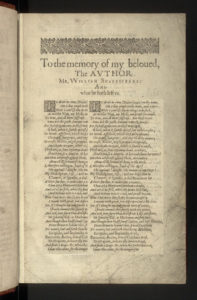 A funny thing happened on the way to the Folger.
A funny thing happened on the way to the Folger. And no I’m not talking about my wedding anniversary, I wouldn’t be here telling you about it if I forgot that every year!
And no I’m not talking about my wedding anniversary, I wouldn’t be here telling you about it if I forgot that every year!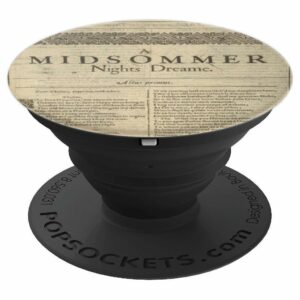

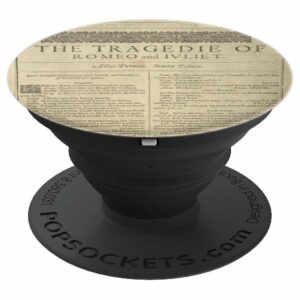


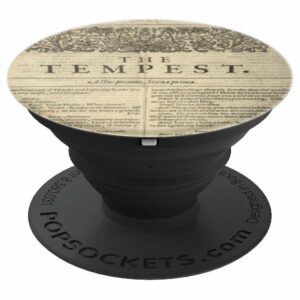


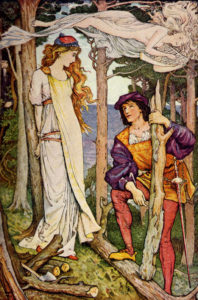 So a funny thing happened on the way to the Folger Library this week.
So a funny thing happened on the way to the Folger Library this week.